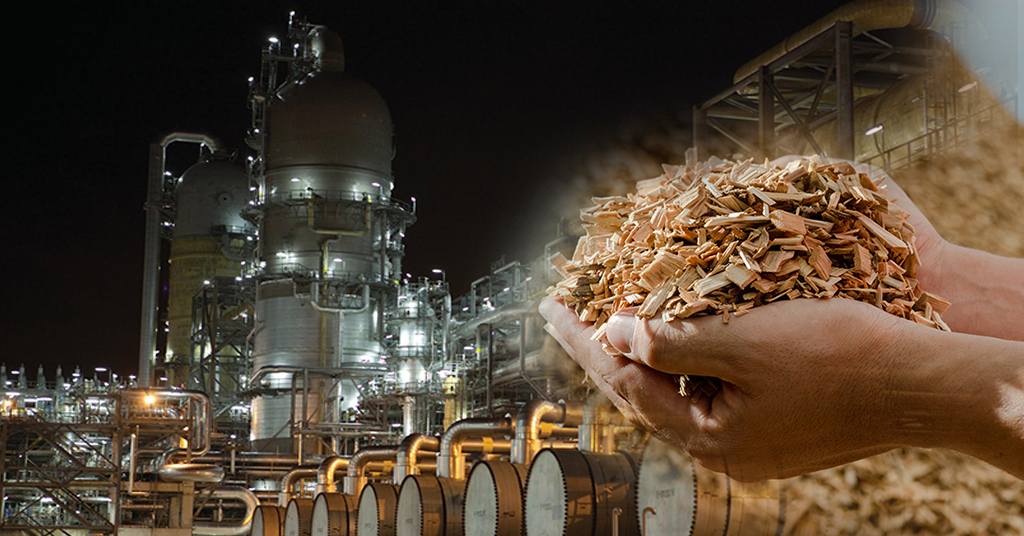Welcome To ChemAnalyst

On December 20th, 2023, the Tariff Commission of China's State Council announced a suspension of tariff concessions on specific products covered by the Cross-Strait Economic Cooperation Framework Agreement. Beginning January 1, 2024, tariff rates for 12 imported products, including Paraxylene (PX) from Taiwan, will no longer receive concessions. The current 0% tariff on Paraxylene will be adjusted to 2%. This new 2% tariff will be applicable on Paraxylene imports from Taiwan, same as that from other countries expect for the ASEAN market.
Taiwan's sole Paraxylene producer, FCFC (Formosa Chemicals & Fibre Corp.), mainly supplies its Paraxylene exports to the PTA plant in Ningbo, Zhejiang Province in China and sells some Paraxylene to other PTA plants.
In the period of January-November 2023 alone, Paraxylene imports from Taiwan represented 14% of the total, with an average monthly volume of 106kt. With the introduction of a 2% tariff, it is estimated that the cost of importing Paraxylene from Taiwan will likely increase and the competitiveness of Taiwan's Paraxylene will decline. Presently, Paraxylene imports from Taiwan benefit from a favorable 0% tariff policy, resulting in relatively low import costs. Although, in practical transactions, both buyers and sellers often share the tariff reduction benefits, buyers still enjoy an advantage of approximately 1% tariff reduction compared to imports from Japan and South Korea. Therefore, with the implementation of 2% tariff, Paraxylene imports from Taiwan will no longer be able to enjoy this 1% reduction advantage, leading to an increase in the cost of importing from Taiwan. This may prompt buyers to turn to Paraxylene from ASEAN countries or imports from Japan and South Korea.
Furthermore, the elimination of the current practice of sharing a 1% tariff advantage with other PTA plants is expected to lead to reduced profitability in the future. At the same time, since most imports from Taiwan are utilized in Chinese PTA plant in Ningbo, the imposition of tariffs is likely to substantially raise the cost of Paraxylene used in PTA production. This, in turn, has the potential to weaken the competitiveness of its PTA to some extent and could negatively impact its operating rate.
Conclusively, the escalation in import tariffs from Taiwan will have a significant impact on the competitiveness of Paraxylene from Taiwan, resulting in increased costs and diminished profits. Additionally, the tariff hike from Taiwan may prompt Paraxylene and PTA importers in China to shift towards other ASEAN countries, such as Japan and South Korea.
We use cookies to deliver the best possible experience on our website. To learn more, visit our Privacy Policy. By continuing to use this site or by closing this box, you consent to our use of cookies. More info.
